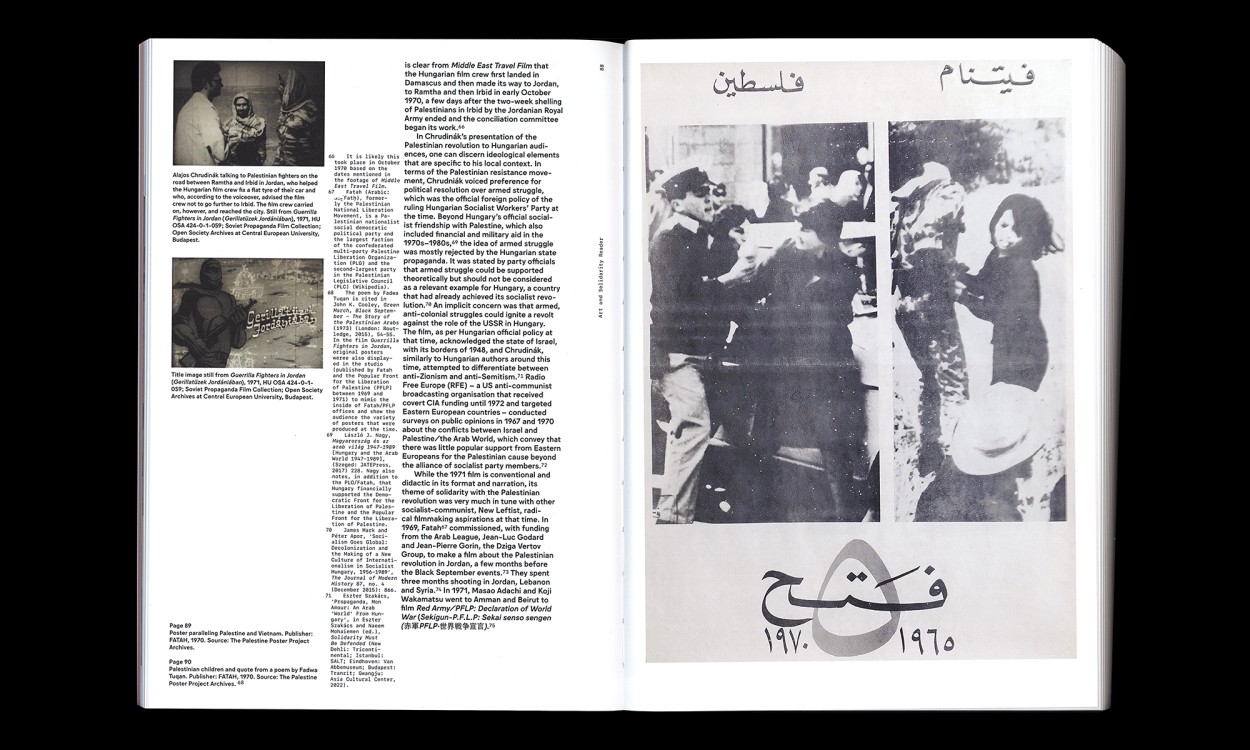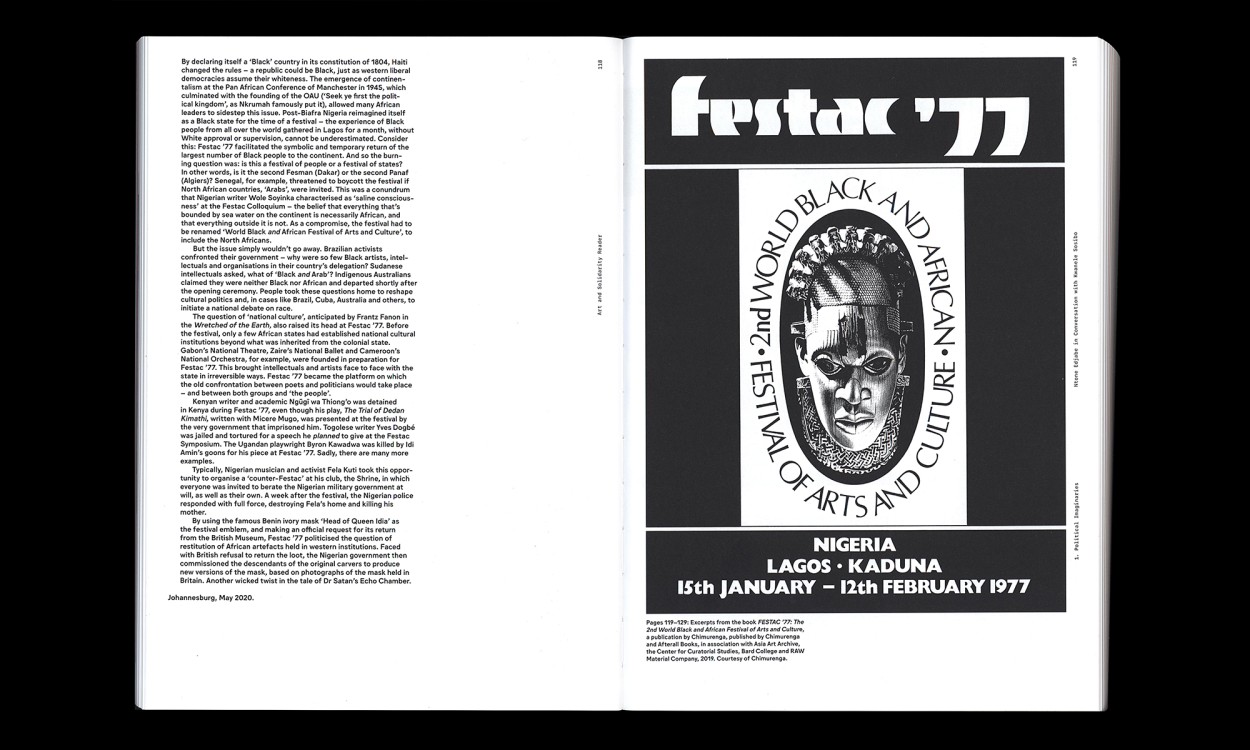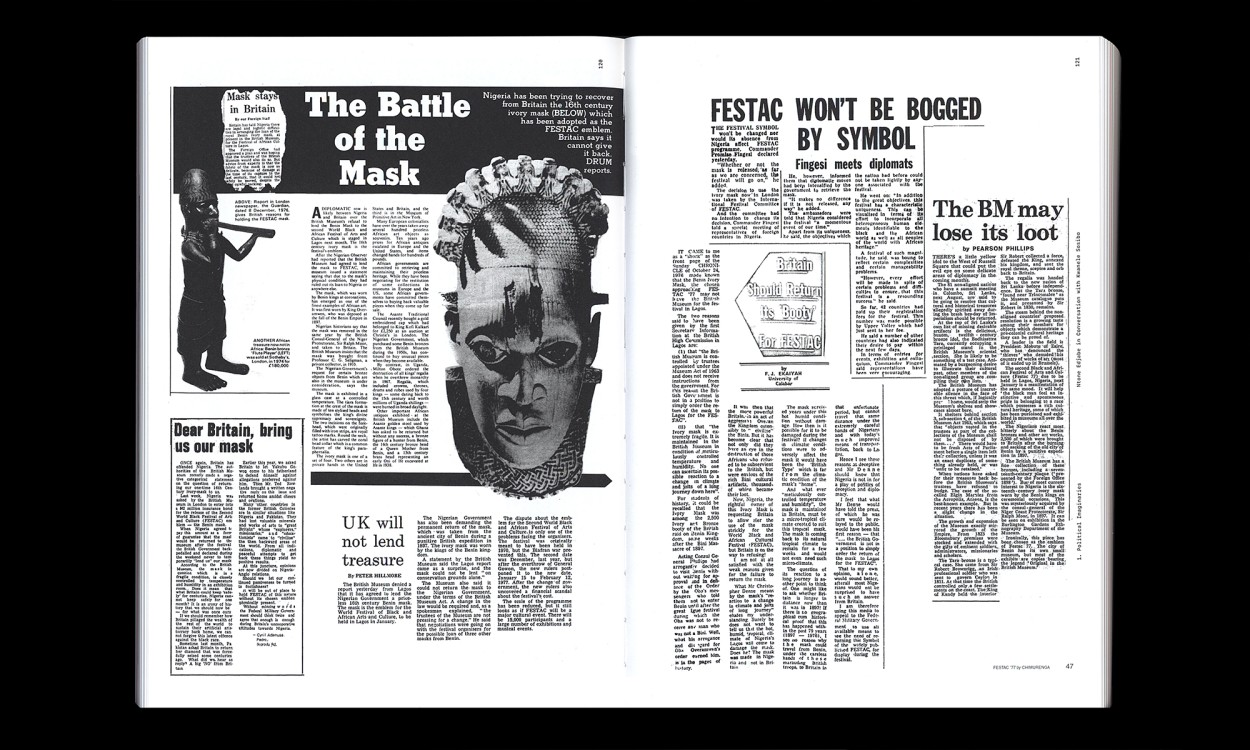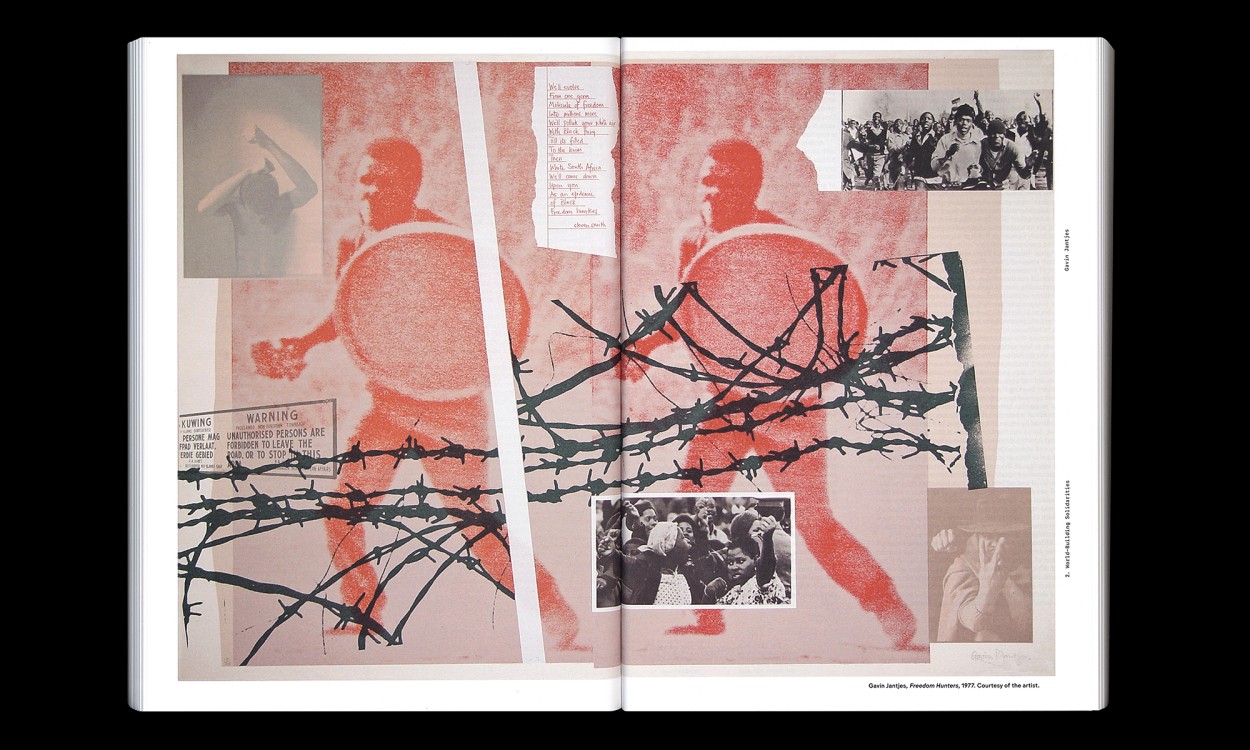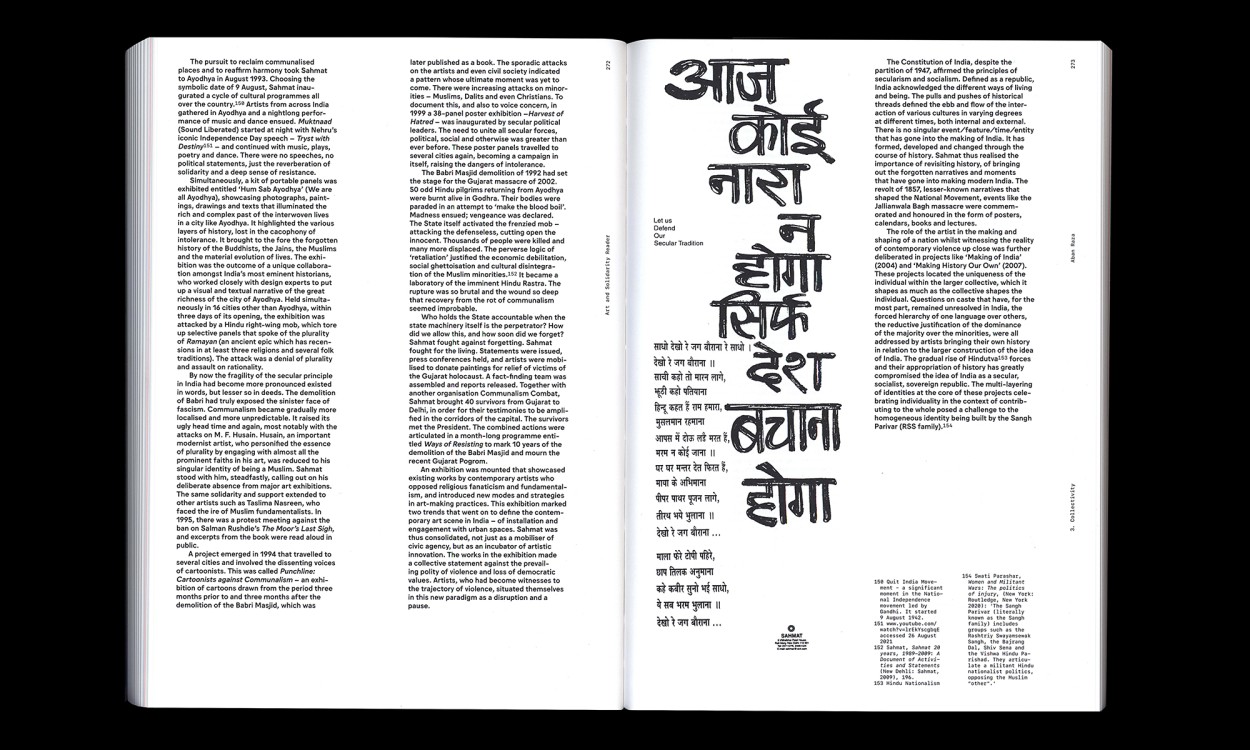Art and Solidarity Reader
Radical Actions, Politics and Friendships

‘An admirable gathering of urgently needed documents to construct a true history of art and solidarity around the world.’
— Cecilia Vicuña, Chilean-Indigenous mestizo artist and poet
‘At a time when humanity is struggling to create a more equitable world, this is a must-read for those interested in generating networks of solidarity for our future.’
— Zineb Sedira, Franco-Algerian photographer and video artist
Editor: Katya García-Antón
Contributors: Reem Abbas, Toufoul Abou-Hodeib, Noor Abuarafeh, Yásnaya Elena Aguilar Gil, Ali Hussein Al-Adawy, Salvador Allende, Beth Brant, Wendy Carrig, Heather Dewey-Hagborg, Emory Douglas, Ntone Edjabe, Ingrid Fadnes, Eva Maria Fjellheim, Katya García-Antón, Soledad García Saavedra, Gavin Jantjes, Shoili Kanungo, Geeta Kapur, Lara Khaldi, Ixchel León, Audre Lorde, Chelsea Manning, Olivier Marboeuf, Barbara Masekela, Naeem Mohaiemen, Mário Pedrosa, Ram Rahman, Laura Raicovich, farid rakun/ruangrupa, Aban Raza, Devika Singh, Irene Soria Guzmán, Kwanele Sosibo, Eszter Szakács, Dulce Celina Ureña Hernández, Alice Walker.
Publishing Partner: OCA, Office for Contemporary Art Norway
Design: Hans Gremmen
August 2022, Valiz in collaboration with OCA, Office for Contemporary Art Norway | Pb | 384 pp. | 28 x 20cm (h x w) | English | ISBN 978-94-93246-02-7 | € 29,90
Events related to Art and Solidarity Reader
Saturday, 22 October 2022: Presentation 'Arte, Fuerza Común, Poder Longevo / Art, Common Force, Long-term Power'
Thursday, 17 November 2022: Launch Event: Art and Solidarity Reader
Solidarity has re-entered the global zeitgeist with resounding force in the last decades and is especially urgent to consider today. Yet this concept – both a potent ideal and a slippery notion – is one of the least analysed within the arts. Why? It is perhaps because colonialism, Neoliberalism, hyper-individualism and Western-centred concepts of art have eroded visions of a care-based society. Creating a fair and vital social fabric inspired by mutual dependencies between living beings and all entities including fauna, flora, air, land and water, is fundamental for our collective existence. A critical toolbox with intersectional perspectives is needed to examine this minefield and reveal meaningful and inspiring narratives that can guide our future.
Working with these complexities, this Reader considers the agency that artists, collectives and art institutions have generated from the 1970s to today to build the radical imaginaries of care and solidarity needed to transform the conditions of our collective existence in the face of local and global crises. Presenting new and historical material, the Reader narrates a series of stories of solidarity across geographies in relation to emergencies connected to ecocide, femicide, genocide, migration, neocolonialism, inter-religious conflicts, class divisions and heteronormativity, amongst others. It also gives a central place to Indigenous perspectives rarely considered when discussing solidarity in the arts.
Related articles
Forces of Art
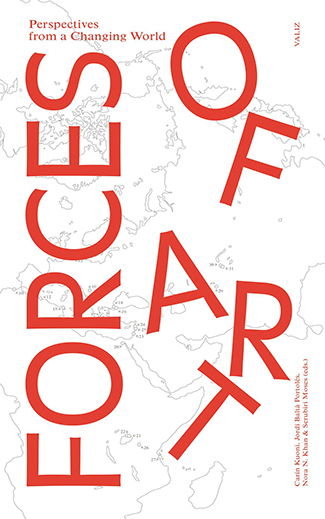
Let The River Flow
UNAVAILABLE
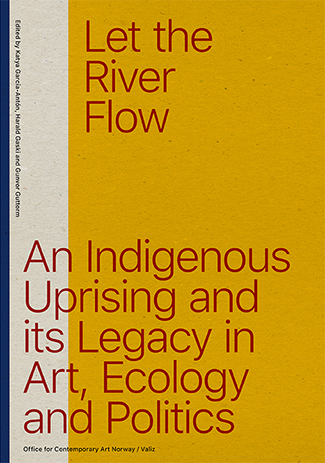
Sovereign Words
UNAVAILABLE


